Let’s see when your dose of wellness can reach you!

Enter your PIN code to check estimated delivery time for your Ayurvedic essentials.
Enter your PIN code to check estimated delivery time for your Ayurvedic essentials.
We've sent a 4 digit verification code to
+91
edit
For order and delivery updates


Water is the essence of life, and Ayurveda offers profound insights into its consumption. While modern advice often emphasizes drinking 8 glasses a day, Ayurveda takes a more personalized and mindful approach. This ancient science highlights that the quantity, timing, and method of water consumption depend on your body type (Prakriti), digestion, and the seasons. Let’s explore how you can optimize water intake the Ayurvedic way...Water is the essence of life, and Ayurveda offers profound insights into its consumption. While modern advice often emphasizes drinking 8 glasses a day, Ayurveda takes a more personalized and mindful approach. This ancient science highlights that the quantity, timing, and method of water consumption depend on your body type (Prakriti), digestion, and the seasons. Let’s explore how you can optimize water intake the Ayurvedic way.
According to Ayurveda, your water needs vary based on factors like:
A: No, wait at least 30 minutes after meals to drink water for optimal digestion.
A: While Ayurveda does not prescribe a fixed amount, listening to your body’s thirst cues and following the guidelines above ensures adequate hydration.
A: Yes, warm water supports digestion and balances Vata and Kapha doshas, while cold water can disrupt Agni.


You can reach our customer support team by calling us at (080)49670477, or by emailing us at contact@ayurcentral.com.

Our customer support team is available from 9 AM to 6 PM, Monday to Saturday.

Yes, we provide express delivery services across India. Delivery times may vary based on your location.

Express delivery usually takes 2 - 3 days on average, but could take longer depending on your location. Bangalore customers can avail 4-hour delivery. Please enter your pincode to get the estimated date of delivery!

You can book an online consultation by visiting our online consultation page and submitting your details. You may also contact our customer support. One of our doctors will connect with you to understand your requirements and complete the consultation.

You can reach our customer support team by calling us at (080)49670477, or by emailing us at contact@ayurcentral.com.

Our customer support team is available from 9 AM to 6 PM, Monday to Saturday.

Yes, we provide express delivery services across India. Delivery times may vary based on your location.

Express delivery usually takes 2 - 3 days on average, but could take longer depending on your location. Bangalore customers can avail 4-hour delivery. Please enter your pincode to get the estimated date of delivery!

You can book an online consultation by visiting our online consultation page and submitting your details. You may also contact our customer support. One of our doctors will connect with you to understand your requirements and complete the consultation.

You can reach our customer support team by calling us at (080)49670477, or by emailing us at contact@ayurcentral.com.

Our customer support team is available from 9 AM to 6 PM, Monday to Saturday.

Yes, we provide express delivery services across India. Delivery times may vary based on your location.

Express delivery usually takes 2 - 3 days on average, but could take longer depending on your location. Bangalore customers can avail 4-hour delivery. Please enter your pincode to get the estimated date of delivery!

You can book an online consultation by visiting our online consultation page and submitting your details. You may also contact our customer support. One of our doctors will connect with you to understand your requirements and complete the consultation.

You can reach our customer support team by calling us at (080)49670477, or by emailing us at contact@ayurcentral.com.

Our customer support team is available from 9 AM to 6 PM, Monday to Saturday.

Yes, we provide express delivery services across India. Delivery times may vary based on your location.

Express delivery usually takes 2 - 3 days on average, but could take longer depending on your location. Bangalore customers can avail 4-hour delivery. Please enter your pincode to get the estimated date of delivery!

You can book an online consultation by visiting our online consultation page and submitting your details. You may also contact our customer support. One of our doctors will connect with you to understand your requirements and complete the consultation.


Do you know what’s destroying the planet? Animal Agriculture. Do you know who’s doing something about it? Vegans.
5 Vegan, QuotesLorem Ipsum is simply dummy text of the printing and typesetting industry. Lorem Ipsum has been the industry's standard dummy text ever since the 1500s, Ashwagandha Ashwagandha is an adaptogenic herb that helps reduce stress and improve vitality. when an unknown printer took a galley of type and scrambled Ashwagandha Ashwagandha is an adaptogenic herb that helps reduce stress and improve vitality. it to make a type specimen book.

Assalamu Alaikum, I want to know how Triphala works for digestion in chronic constipation Assalamu Alaikum, I want to know how Triphala works for digestion in chronic constipation
Triphala works by gently cleansing the colon and restoring healthy bowel function Triphala works by gently cleansing the colon and restoring healthy bowel function

What are the benefits of taking this medicine and is it safe to use this medicine daily...

Diabetes can be managed effectively with lifestyle changes and Ayurvedic herbs like Gudmar and Jamun.
People with diabetes should never eat any sweets at all.
Great business ideas start with a problem that needs solving. Begin by identifying pain points that you or others are experiencing.
Think outside the box to come up with creative solutions to the pain points you've identified. Don't limit yourself. All ideas are good at this stage.
Use your constraints (e.g., financial or time limitations) to narrow down your list of solutions.
Create a video, drawing, model or mock-up to demonstrate your solution. It doesn't have to be perfect. Think of it as your first draft.
Find out what people think about your prototype. Talk to people that will use your solution. Implement their feedback to improve your prototype.
Once you are confident in your solution, create a business model around the pain and solution you have.
Tools and strategies modern teams need to help their companies grow.
Knee pain can be more than just an inconvenience; it can interfere with daily activities, making even simple tasks like…
Struggling with knee pain that won’t go away? Whether it’s due to aging, arthritis, or an old injury, persistent knee…
Knee pain is a widespread concern, affecting people of all ages due to factors such as aging, arthritis, injuries, or…

- Ayurvedic Medicines & Supplements -
- Beauty & Personal Care -
- Healthy Food & Daily Essentials -





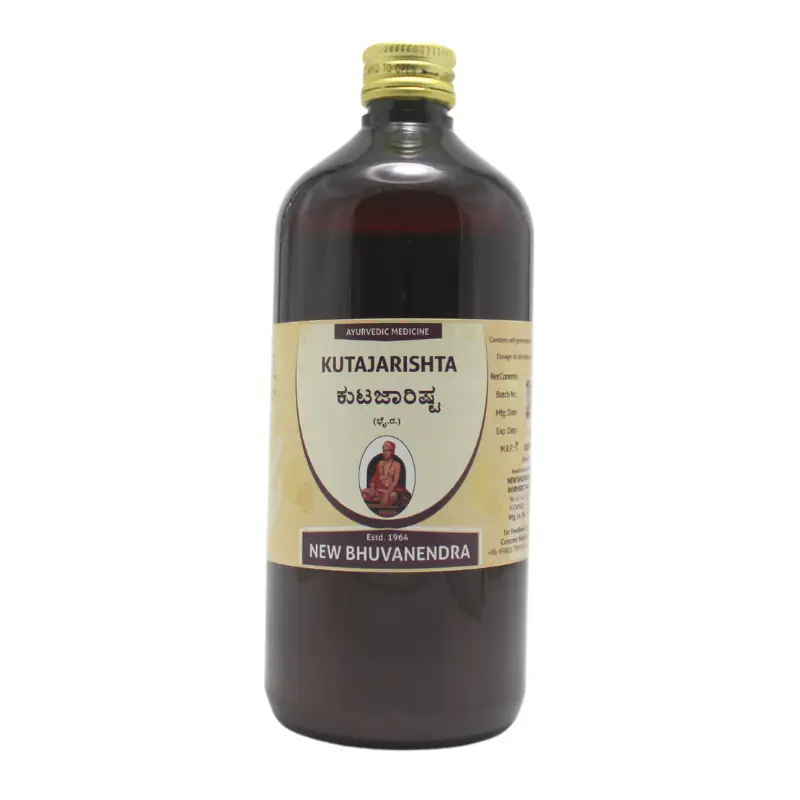

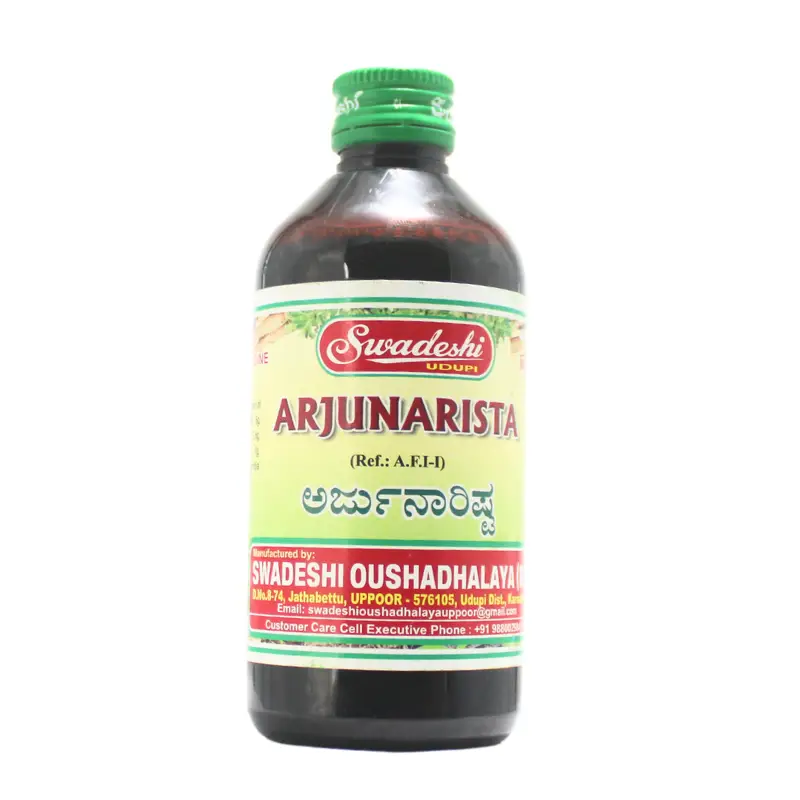
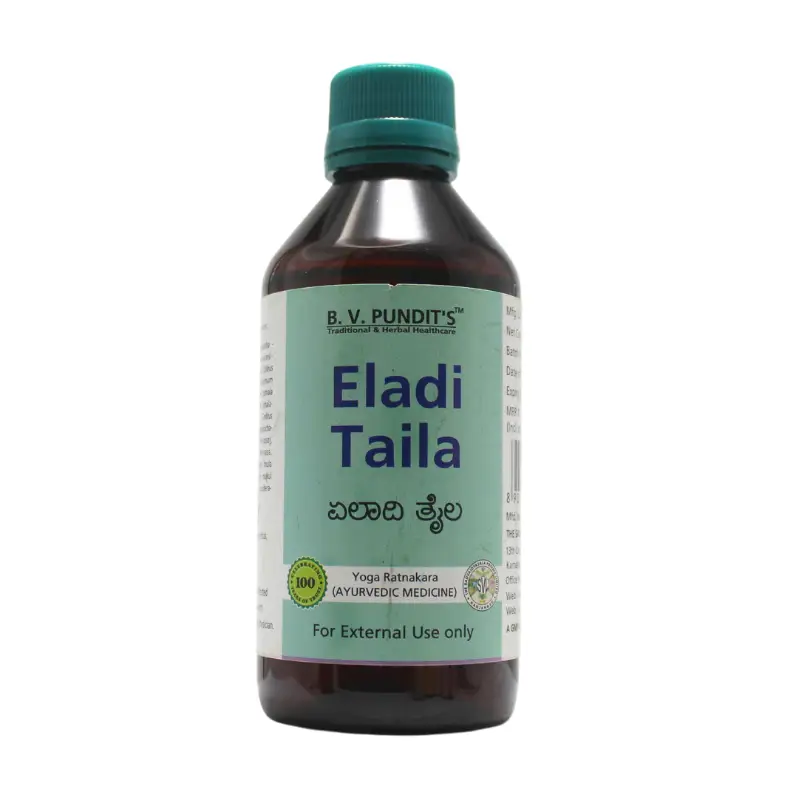
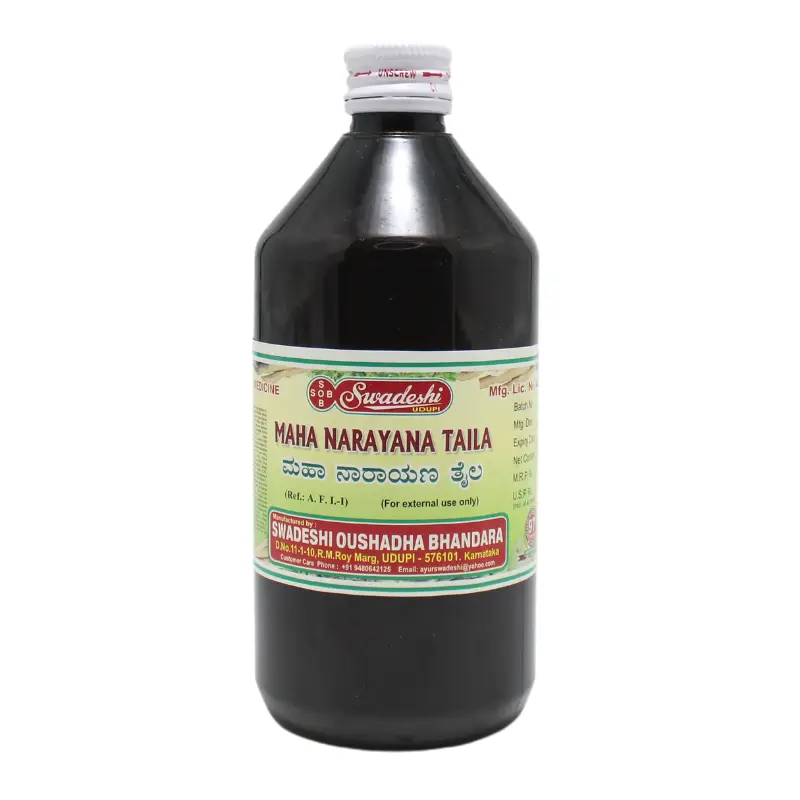
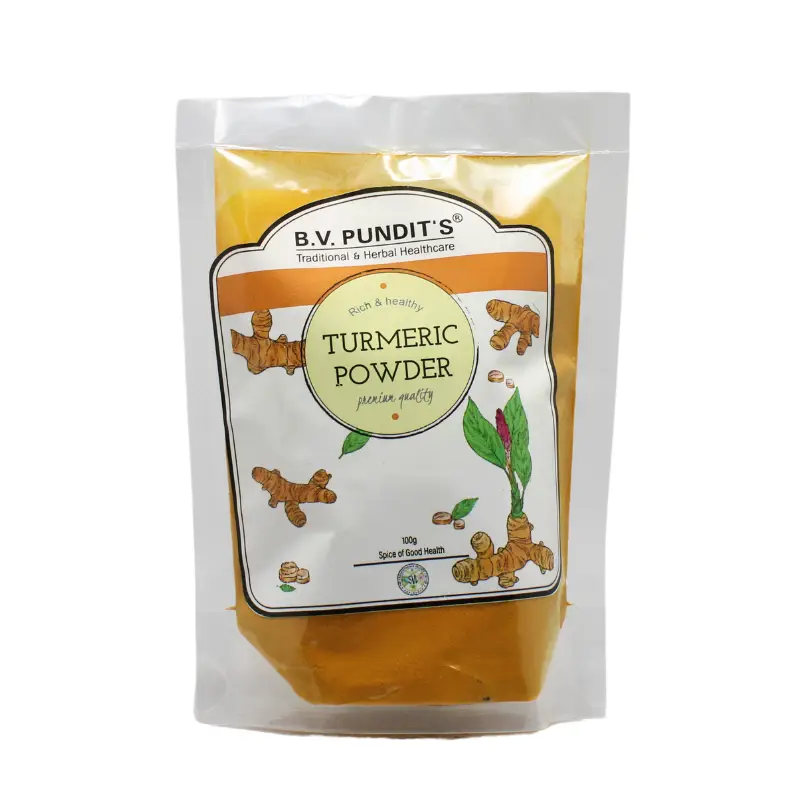
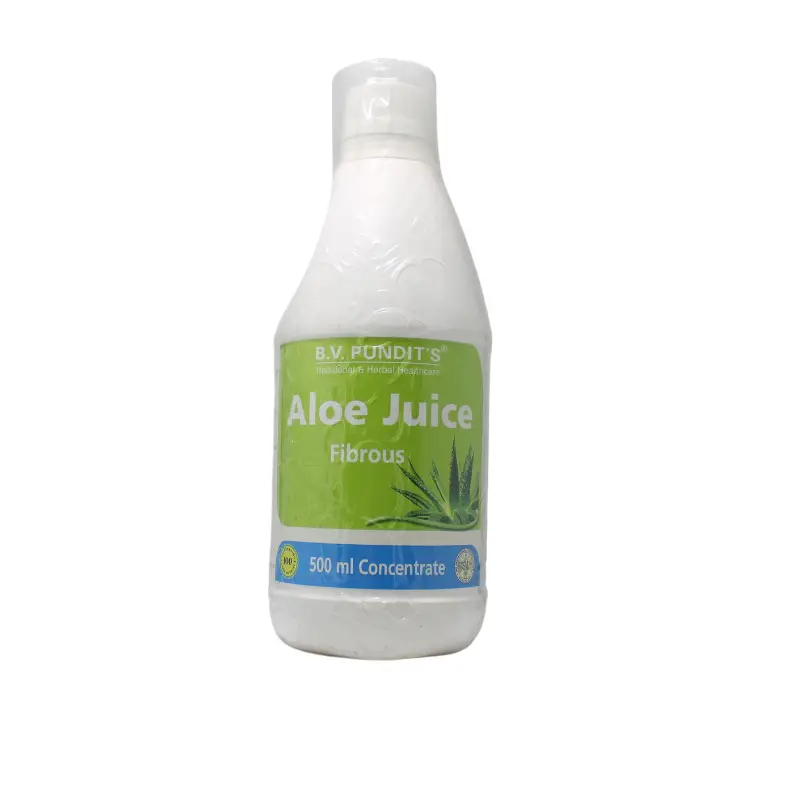


Discover editor-approved collections designed by nutritionists, Ayurvedic doctors, and chefs. Each pick is vetted for traceability, potency, and flavor.
From soil testing to seed selection, every harvest is logged for transparency. Meet the growers, tour our regenerative fields, and dive into the lab reports that keep us accountable.
Explore how our farming cooperatives reinvest in local schools, women-led nurseries, and soil-health programs.
Weekly STEM labs, seed-saving workshops, and nutrition camps reach over 1,200 students in rural communities.
Detailed carbon, biodiversity, and water audits updated quarterly.



Add Products worth Rs 1,499 more to get Anti Hair Fall Shampoo - Brihatri








